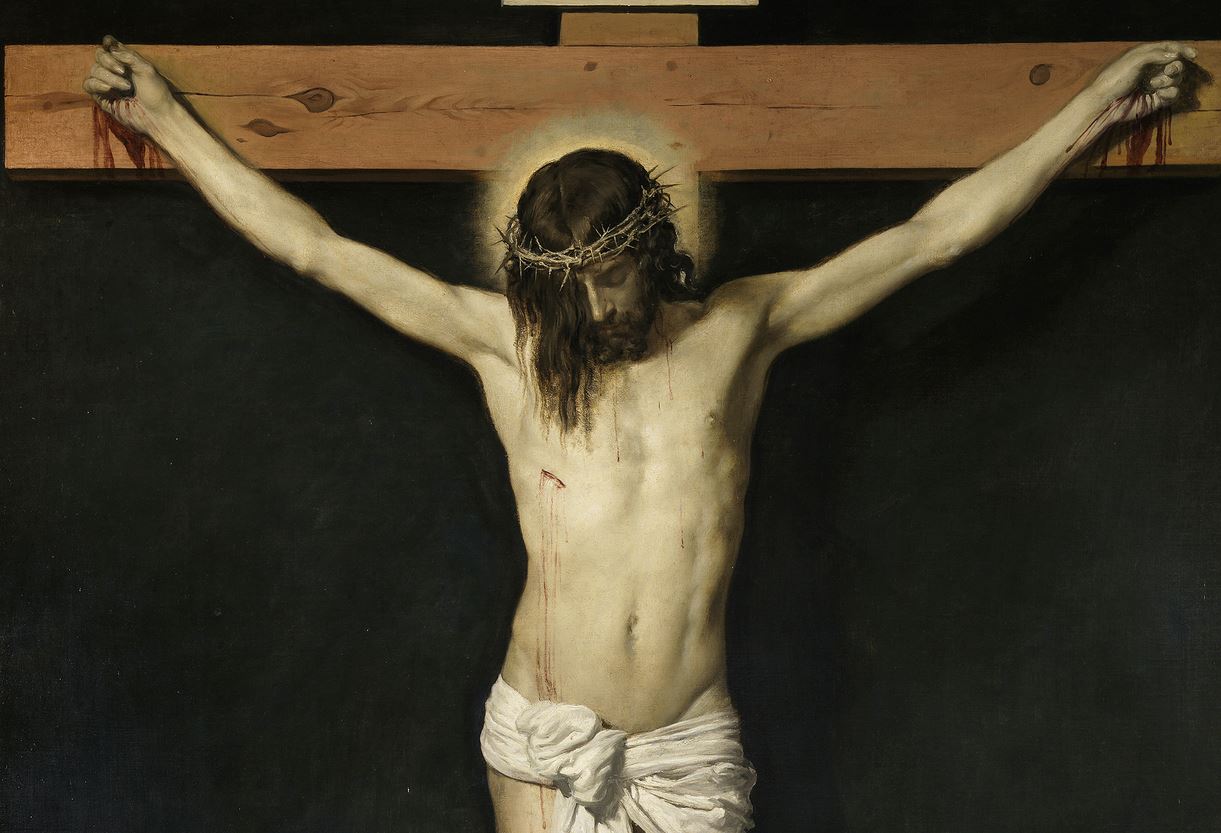As “people of faith” step up their crusade to inject religion into judicial decision-making, people of reason must understand why America should be a wholly secular state.
They call themselves “people of faith,” and they are waging war against a basic principle of American government: the separation of church and state. Complaining that our secular culture has improperly banished God from government, religious conservatives are working tirelessly to inject faith-based decision-making into America’s legal system.
This conservative onslaught requires a bold defense of the secular state–by people of reason.
Although that defense must encompass all branches of government, today’s battleground is the courtroom, where judges find themselves under relentless pressure to legitimize religious dogmas such as the sanctity of the God-given soul (the Terri Schiavo case, anti-abortion laws, stem cell research), the literal truth of holy scripture (laws against homosexuality, displays of the Ten Commandments in courthouses), and the recognition of God as master of the universe (creationism, prayer in public schools). The First Amendment, conservatives declare, guarantees only freedom “of” religion, not freedom “from” religion.
To their credit, secular judges have valiantly resisted the religious right’s persistent advances. In response, frustrated conservatives are leveraging their newfound dominance over Congress and the presidency in a crusade to emasculate the judiciary. Whether it’s senators limiting filibusters, or Congress threatening to reorganize the court system, or President Bush decrying “judicial activism” while nominating compliant federal judges, conservatives are targeting secular judges as enemies.
No, the “people of faith” are not calling for a Christian theocracy–yet. For now, they simply want to establish religious faith on an equal footing with reason as a legitimate method of governmental decision-making. But if they succeed in this, the eventual emergence of government by clergy is all but assured.
A proper defense of the secular state must penetrate to fundamentals. It is insufficient, for example, to criticize Christian evangelicals for imposing their own narrow creed on a diversely religious citizenry. Such superficial criticism implies that faith-based governmental action is permissible if representative of all beliefs, when in fact our Constitution forbids it.
America was established for a secular purpose: the protection of individual rights to life, liberty, and the pursuit of happiness. The Constitution neither mentions God (except to forbid religious tests for public office) nor imbues government with any religious purposes.
Individual rights can be protected only by a secular state whose every action is grounded in objective fact and guided by reason, not blind faith. By way of illustration, consider the importance of rational methodology in the field of criminal justice.
To justify an arrest in a proper legal system, the police must have probable cause, and to win a conviction, a prosecutor must establish guilt beyond a reasonable doubt, based on objective evidence. If justice is to prevail, each governmental decision must be taken without regard to anyone’s religious faith.
Any admixture of religious faith guarantees injustice. In the Dark Ages, a prosecutor would submerge the defendant’s arms in boiling water, and if the scalded flesh became infected, that was taken as a sign of God’s disfavor, mandating a guilty verdict. Adopting that benighted era’s essential methodology, today’s conservatives demand that judges accept “God’s will” as a legitimate basis for punishing homosexuals, science teachers, stem cell researchers, and a host of others. This is the collapse of criminal justice, as surely as if Jewish judges were rejecting testimony from atheists, or Catholic jurors were relying on scripture to convict Protestants.
Centuries of history demonstrate that faith-based governments spawn persecution, torture, and endless bloody warfare. Today’s religionists may insist that this time will be different, but their evasions cannot eradicate the inherent connection between faith and force. Since faith entails overriding reason in favor of emotion, religious disputes are necessarily unresolvable through rational persuasion, leaving force as the only weapon against heretics and infidels. No wonder religionists so often lust after government power.
If “people of faith” choose to act irrationally in their private lives, they are free to do so. But if there is one institution that must be held rationally accountable for every single action it takes, it is the agency that can lawfully use guns, prisons, and lethal injections against legally disarmed citizens.
Separating church from state does not guarantee victory for the rational protection of individual rights–secular irrationality is possible, indeed commonplace–but such separation is indispensable nonetheless. This is why issues like abortion, gay rights, and “Intelligent Design” creationism merit so much attention. Once judges begin accepting religious feelings as valid decisional factors, the secular principle cannot survive, and the disintegration of society into sectarian strife must soon follow.
“People of faith” began this war, and so people of reason must now end it–by zealously defending the secular state, and vowing never to allow faith and force to be united under the American flag.
Copyright Ayn Rand Institute. All rights reserved. That the Ayn Rand Institute (ARI) has granted permission to Capitalism Magazine to republish this article, does not mean ARI necessarily endorses or agrees with the other content on this website.




